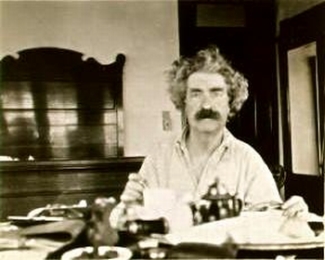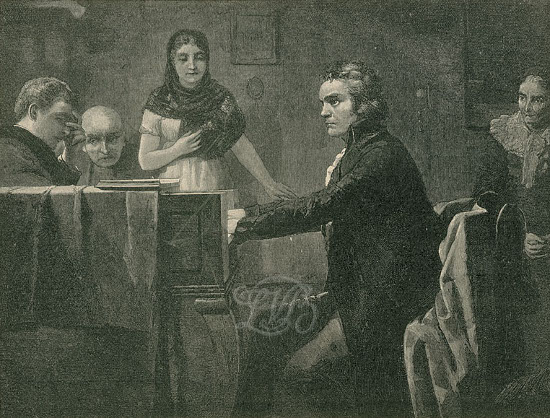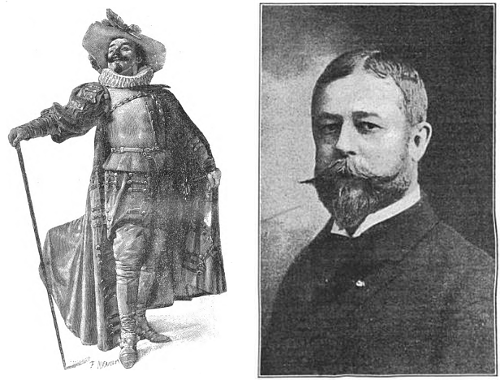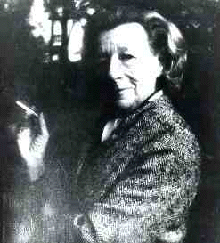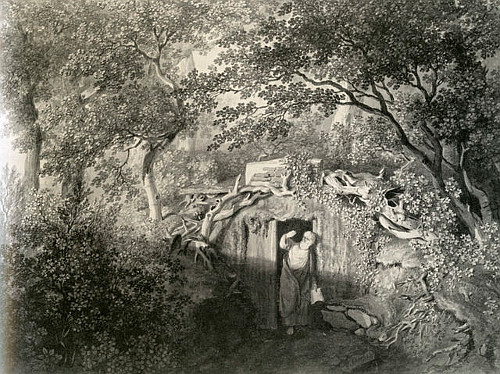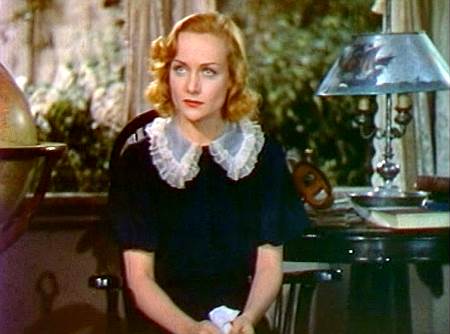Personal ads from the New York Herald in the 1860s:
IF THE LADY WHO, FROM AN OMNIBUS, SMILED on a gentleman with a bunch of bananas in his hand, as he crossed Wall street, corner of Broadway, will address X., box 6,735 Post office, she will confer a favor. (March 21, 1866)
ON WEDNESDAY AFTERNOON A LADY WITH black silk quilted hat walked nearly side by side with a gentleman in a drab overcoat from Tenth to Fourteenth street, in Broadway. Both were annoyed by the wind and dust. Her smile has haunted him ever since. Will she send her address to Carl, Union square Post office? (March 8, 1861)
BOOTH’S THEATRE, THURSDAY EVENING, 11TH. Will the lady who met the gent’s gaze through an opera glass and smiled please address, in confidence, Harry Wilton, Herald office? (March 13, 1869)
A YEAR AGO LAST SEPTEMBER OR OCTOBER TWO ladies with a child were travelling on the Hudson River cars, one of whom offered a seat to a middle aged gentleman, with light whiskers or goatee, slightly gray, who kindly pointed out to her the red leaved trees, and said he had a number of them on his place, and made himself otherwise agreeable; and when she was leaving him (ten miles this side of where he stopped) gave her a parting embrace, which she has never been able to forget. If the gentleman has any recollection of the circumstance he will greatly oblige by addressing a note to Lena Bigelow, Madison square Post office, giving some description of the lady, also name of the paper he gave her. (Jan. 25, 1862)
